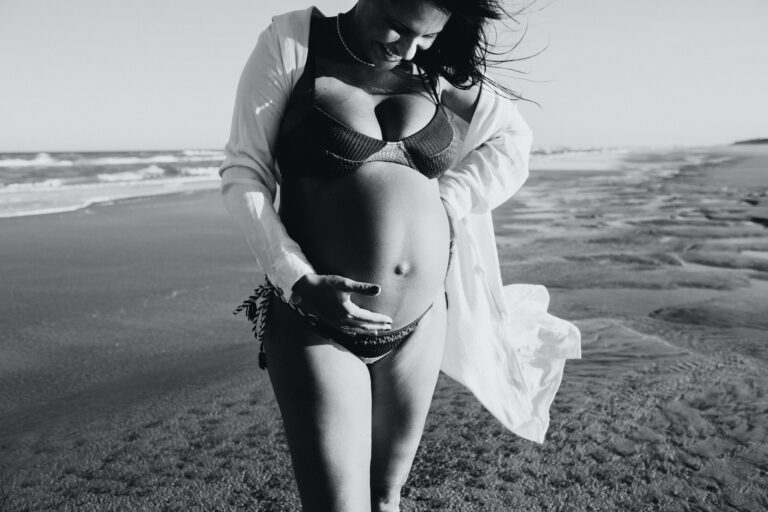Pain and discomfort after sex is a common experience for many women during pregnancy. However, if pain is severe or accompanied by other symptoms like bleeding, then it should be discussed with the doctor.
Using a lubricant, communicating with your partner, and experimenting with safe sexual positions are some of the ways you can prevent pelvic pain after sex during pregnancy.
Causes
If pain during sex gets so bad that you aren’t engaging, it may be time to talk to your partner and/or doctor. The cause could be anything from a genital infection to an ectopic pregnancy (one that’s implanted outside the uterus), both of which can be dangerous for you and your baby.
Pelvic pain is usually due to changes that occur during pregnancy, though it can also result from disorders related to the female reproductive organs and other issues, such as arthritis or fibromyalgia. “Pelvic pain that results from pregnancy is typically not serious, especially if you take an effective pain reliever such as acetaminophen,” says Levitt.
Pain can also be caused by the release of a hormone called relaxin during the second trimester that stretches pelvic ligaments and widens the cervix to prepare for childbirth. It also increases blood flow to the area, causing sensitivity and pain during intercourse.
Other possible causes of pelvic pain include vascular changes and pregnancy-related muscle injuries. During pregnancy, hormones increase blood volume to support the growing baby, which puts extra pressure on blood vessels. This can lead to enlarged veins in the pelvic region and on the vulva, known as varicose veins. Pregnancy hormones can also weaken the muscles around the vulva, which can cause pain during sexual activity or when lifting things with your back.
Symptoms
Symptoms of pelvic pain after sex during pregnancy may include tenderness in the area, abdominal or vaginal cramping and an increased frequency of urination (including a feeling that you need to pee often). If you also experience a burning sensation when you urinate, it could be a sign of a bladder infection, bacterial vaginosis or a yeast infection. If you have these symptoms, you should contact your doctor or health care provider because they can help diagnose the problem.
Cramping after orgasm is normal, and it can be caused by a hormone-like substance in semen called prostaglandins. It’s usually mild and fades fairly quickly.
A growing baby places additional pressure on major blood vessels and can cause varicose veins to enlarge. These can feel like a deep ache or pressure inside the pelvis and vulva.
Aching in the vulva or rectum is also common during pregnancy because of hormonal changes and increased fluid retention. Women who have had previous gynecological problems, such as pelvic inflammatory disease or a uterine fibroids, might be more likely to develop these conditions.
Treatment
Pain after sex during pregnancy isn’t always a cause for concern, but it’s important to talk to your doctor about it. The pain may be a sign of something serious, like a threat to a healthy pregnancy or infection.
It’s also possible that your pain isn’t caused by anything medical and is simply the result of the body going through all the changes associated with pregnancy. For example, the nipples and uterus are likely to be more sensitive during sex due to the heightened hormone levels that can cause swelling in those areas. And the round ligaments–a pair of cord-like structures that connect the front of your uterus to your groin area–can feel painful as they stretch during pregnancy, especially if you engage in deep intercourse or rough sex.
Other causes of pain during sex could include a lack of lubrication and/or sexual positions that are too deep or forceful. Using a water-based lubricant and trying different sexual positions can help reduce the discomfort. Other measures that can help include staying hydrated, sleeping well and exercising regularly to help with pain and swelling. If the pain is severe or lasts more than an hour, it’s a good idea to contact your doctor to make sure there’s not a more serious cause. They can also recommend treatment options that are safe for your baby and you.
Prevention
It’s important to note that even though pain during sex is fairly common and may be due to many normal pregnancy causes, it should never be ignored. It can be a sign of a serious health condition such as infection, and so it is always important to seek medical advice.
Other, non-physiologic reasons for pelvic pain after sex during pregnancy include:
Vaginal dryness: Low levels of estrogen may cause painful sex in some women.
Round ligament pain: A sharp pain or cramp to one side of the stomach is caused by the softening and stretching of the ligaments that support the uterus.
A larger-than-normal uterus: This puts pressure on the cervix, which can cause discomfort during sex.
Symptoms of an infection: Having painful sex while pregnant could be a sign of a genital or pelvic infection. Yeast infections or bacterial vaginosis are both common, especially during pregnancy.
Pelvic pain after sex can be frustrating but it’s important to remember that this pain is very common and will pass. Make sure to communicate with your partner about what is and isn’t comfortable for you during sex and try to explore safe sexual positions that don’t put pressure on the abdomen, such as spooning or side-lying. It’s also important to be aware of the signs of an infection, including excessive urination and burning sensations, as these can be dangerous for both you and your baby.
See Also:






